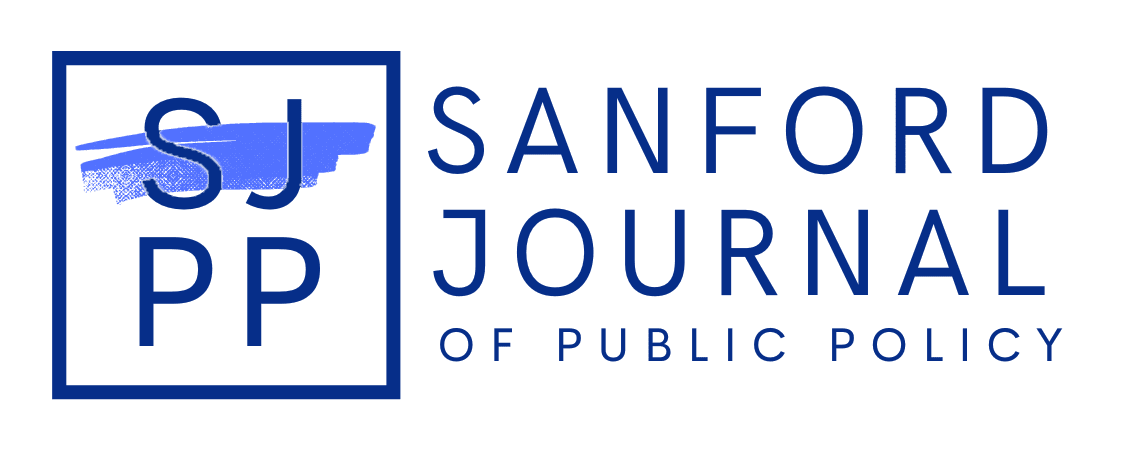In its discussion of the repercussions of international-community action in Libya, the International Coalition for the Responsibility to Protect (R2P) presents the Libya case as a model for R2P intervention. Designed to “prevent and stop genocide, war crimes, ethnic cleansing and crimes against humanity,” R2P can play a beneficial role in stopping atrocities, although inconsistencies in its responses to various conflicts are cause for concern. Shifting R2P reactions to crimes against humanity demonstrated by collective action in some recent crises (Libya) and not others (Syria) makes clear that UN Security Council members bring their political biases to bear when deciding whether or not to intervene in conflicts. Hence, R2P reflects the inherent conflict between nation-state political interests and effective global governance mechanisms as well as the substantial challenge of melding sovereign government agendas with united international action.

